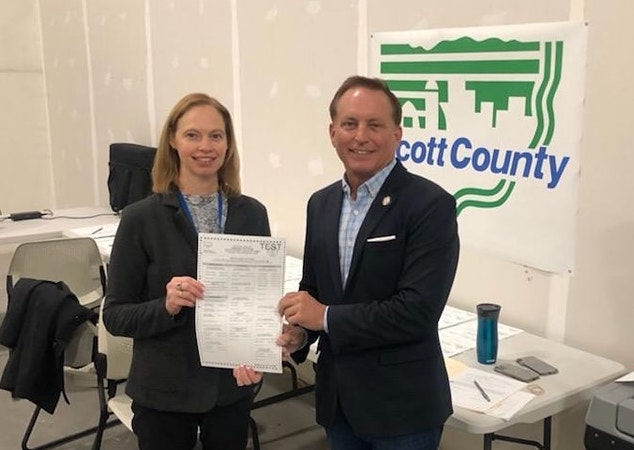Bruce Lear lives in Sioux City and has been connected to Iowa’s public schools for 38 years. He taught for eleven years and represented educators as an Iowa State Education Association regional director for 27 years until retiring. He can be reached at BruceLear2419@gmail.com
(With apologies to the Twilight Zone creators)
You’re about to enter another dimension. A dimension not only of anger and fear but of hypocrisy. A journey into a place where bipartisan thought is extinguished by blind obedience. A dimension that diminishes a state. It refuses to listen to cries for moderation and compromise. It’s a place where no position is too extreme. Bizarre becomes reality. There’s a signpost up ahead.
You’ve entered the Golden Dome Zone.
There’s certainly something weird happening under that Golden Dome. Senate File 360 would have made it a simple misdemeanor in Iowa to provide or administer a gene-based vaccines like the mRNA ones for COVID-19. Republicans on a subcommittee advanced this bill, but it did not get through the full Senate Health and Human Services Committee before the “funnel” deadline on March 7.
But did it really die?
Continue Reading...






